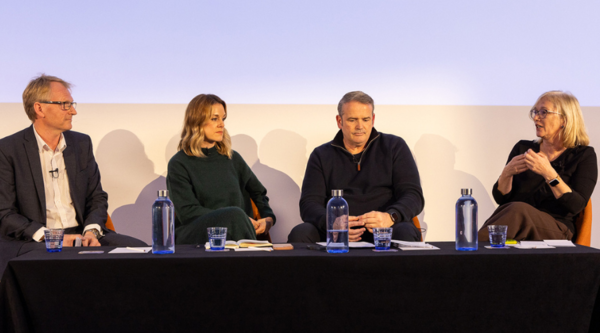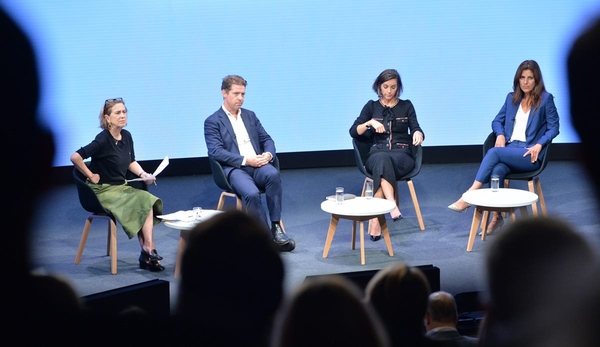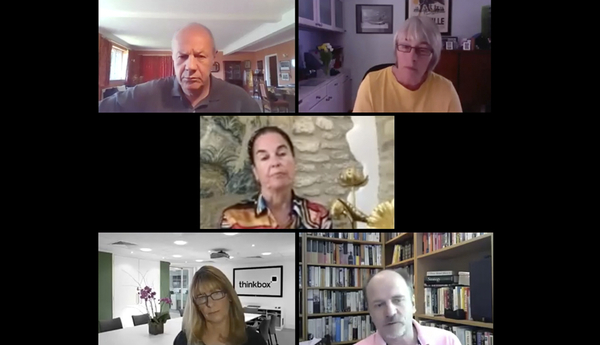Assessing TV ratings in the streaming age
Once upon a time, measuring TV was straightforward. Channel controllers and production heads would wait anxiously for the overnight viewing figures to land on their desks. Ratings would be assessed on a single broadcast transmission. The overnights could determine a show’s fate – and sometimes the jobs of those who had commissioned it.
Multi-channel TV complicated the picture, but the arrival of catch-up, then streaming and platforms such as YouTube and TikTok really upset the applecart on collecting and analysing the vital data pored over by ad agencies and their clients.




